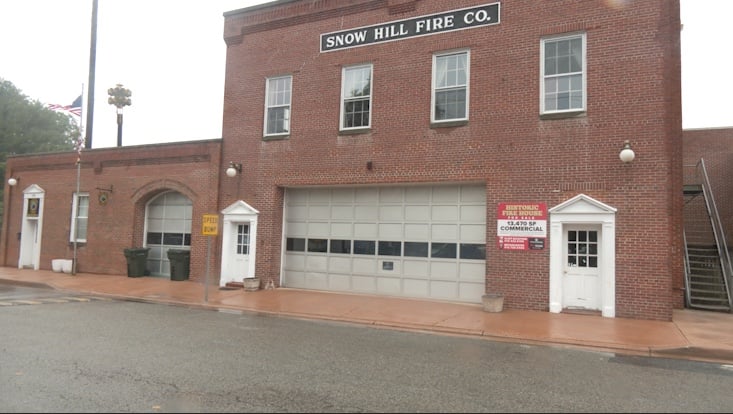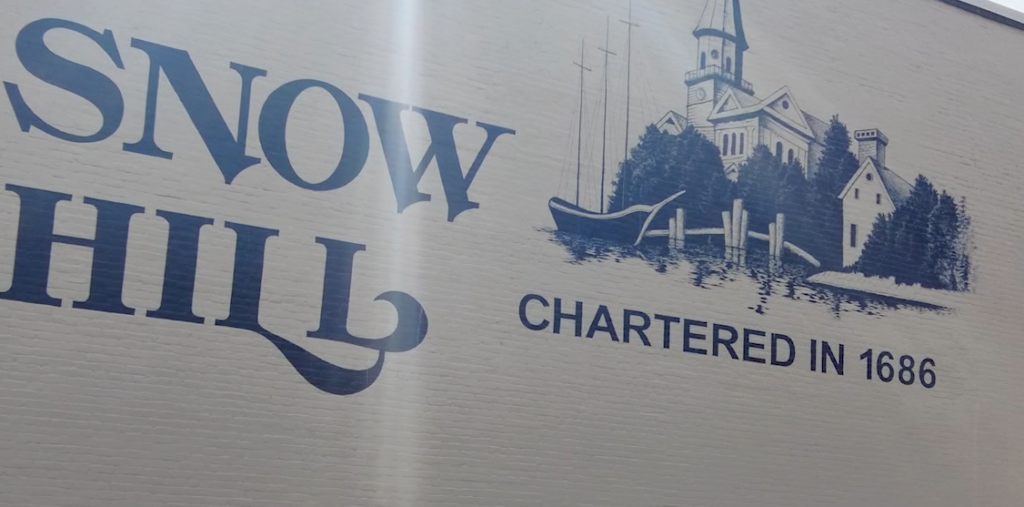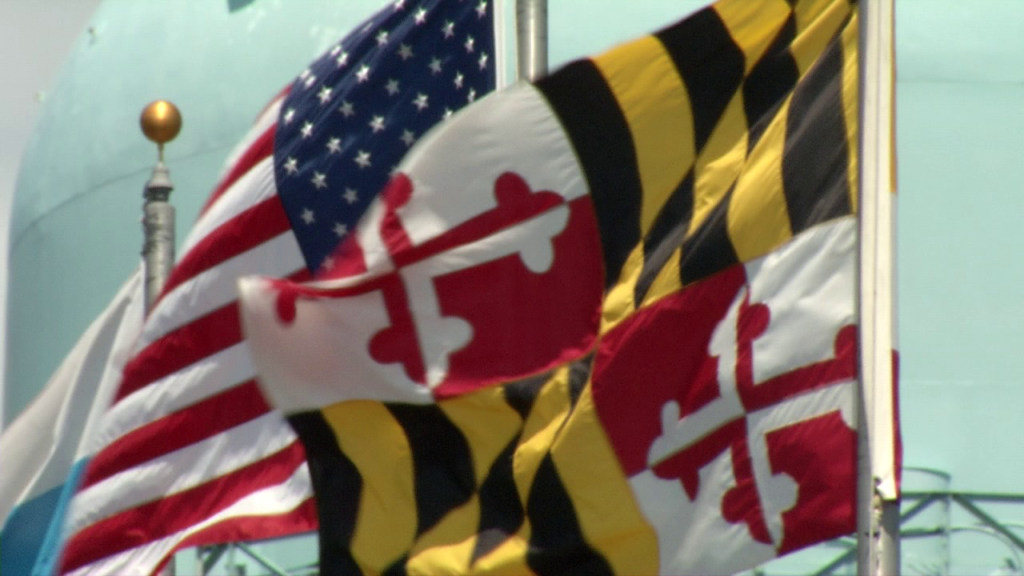Eastern Shore’s pivotal role during Revolutionary War and Civil War
MARYLAND – George Washington and Abraham Lincoln were the two main presidents that Presidents Day is based off of. Washington and Lincoln are well known for their efforts during the Revolutionary and Civil War.
And not only did the Eastern Shore of Maryland play a pivotal role in both wars; it found itself in quite a controversial state, in terms of loyalty to the federal government.
Historians have referred to the the Eastern Shore as the “bread basket of the American Revolution” because of crops being used to feed the continental army during the revolutionary War.
George Washington was in charge of this army and even called on Maryland troops to support the retreat from the Battle of Long Island and formed the quote “famous” Maryland line.
“They held off a numerically superior British force while George Washington was able to have an orderly retreat from the battlefield,” said historian Tim Robinson of Salisbury University. “As a result, most of those Maryland troops were captured and taken prisoner by the British.”
Robinson says Maryland troops had a reputation for being brave and fierce in their fight. Personal journal entries from Washington tell us that he often called upon the shore for food, man power and ships, but he also had concerns of loyalty.
“During the Revolutionary War, there were a fair number of loyalists from the Eastern Shore, just like there were loyalists throughout Maryland as a whole,” Robinson said. “And, a lot of individuals lost their fortunes, they lost their power at the end of the war.”
Washington was not the only President to question the Shore’s loyalty during a time of war. “There was a worry that Maryland was going to go over to the confederacy and Lincoln was actually going to take some very draconian steps to keep Maryland in the union,” Robinson said.
Robinson says that Lincoln even sent a small garrison of union troops to Salisbury to keep ties on the locals and make sure they did not get out of hand. “Any time you are sending federal troops to an area to make sure everyone is in line and pacified I think that would be defined as a heavy hand,” he said.
Lincoln even suspended Habeas Corpus in the state of Maryland throwing the Eastern Shore into a martial law type status. “Threw editors and politicians that were pro-confederate, he threw them in jail basically for a good period of the war to try to keep them silenced,” said Robinson.
Robinson also said that Lincoln was hesitant to upset places like Maryland in fear of them seceding from the union. He allowed Maryland to be exempt from the Emancipation Proclamation back then, which outlawed slavery.
Maryland was not the only state that was exempt from the emancipation proclamation in order to keep loyalty to the union. The other states are Kentucky, Missouri and Delaware; fueling the debate on whether Lincoln was more of a politician or abolitionist, with almost one million enslaved people who remained in chains through the end of the Civil War.


